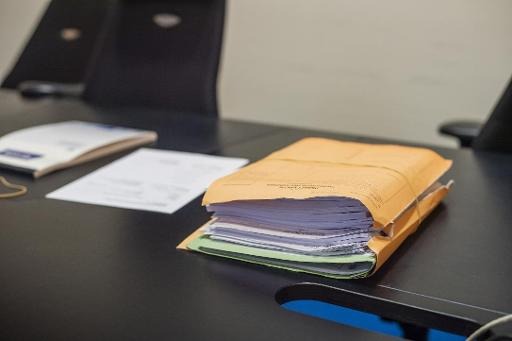Flemish judges in the Council of Alien Law Litigation (the CCE court) take a tougher stance than their French-speaking counterparts, according to the website Alter Échos The findings are based upon a study by the University of Gent (UGent) and figures compiled by the site. The recognition rates for refugee status have been found to be lower in Flemish Courts.
In 89% of cases, Dutch-speaking judges from the CCE confirmed the decision made by the Commissioner General for Refugees and Stateless Persons (the CGRA) not to grant refugee status. French-speaking judges only do so in 45% of cases, stated the results of a statistical exercise conducted by Ellen Desmet (of UGent). The findings were based on 254 CCE decisions relating to minors whether or not accompanied, and asylum seekers of all nationalities.
Alter Échos compiled details of 303 decisions relating to Iraqi asylum seekers between July and December 2018. The data proves that Dutch-speaking judges confirmed the negative CGRA decision in 88.5% of cases, compared to 49% in the French-speaking courts.
In this six-month period alone, an Iraqi asylum seeker had double the chance of obtaining refugee status before a French-speaking court than a Dutch-speaking court, concluded the website for the Alter Échos agency.
The Council of Alien Law Litigation has not published official statistics using the language case lists for around ten years. The position “raises issues of legality” with the subject “putting everyone on edge,” explained one lawyer, preferring to remain anonymous.
There is significant divergence between cases across the board “but there are differences between individual courts or judges, differences which might be linked to the case, not corresponding with the linguistic boundary,” said the President of the CCE, Serge Bodart, when asked about the issue.
The CCE has judges spread over the French and Dutch-speaking courts, their involvement occurring when action is taken to appeal a CGRA decision. The judge is able to confirm the original decision or to overturn it. He can also decide to examine the file for himself and grant refugee status to the individual concerned.
The Brussels Times

